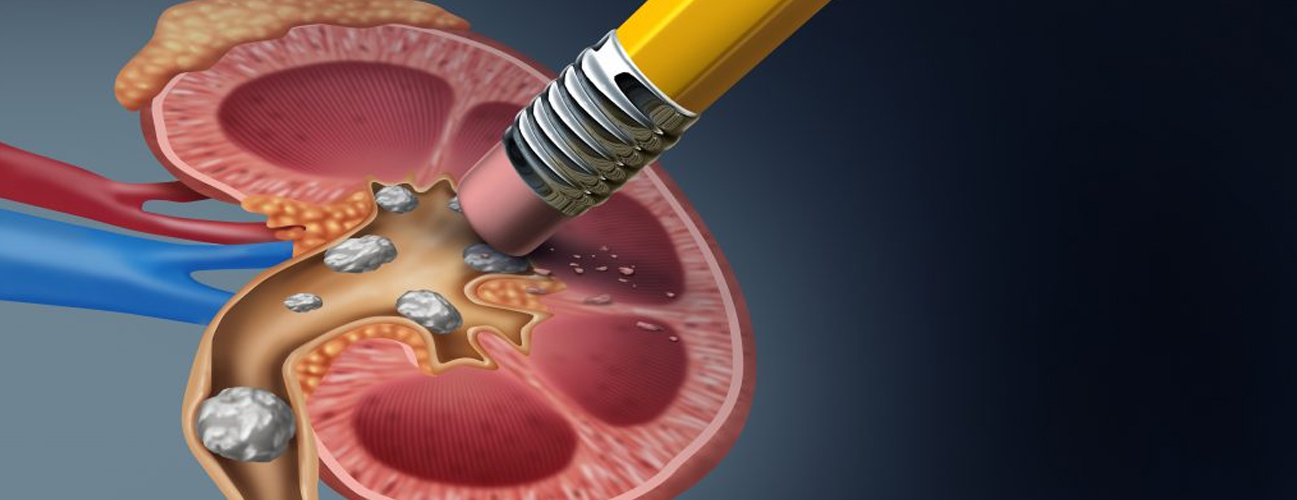Services
- Home
- Prevention of Stone Disease

Prevention of Stone Disease
Prevention of stone disease involves a combination of lifestyle modifications, dietary adjustments, and medical management to reduce the risk of developing kidney stones. The primary strategy is to maintain proper hydration, as adequate fluid intake dilutes urine, preventing the concentration of minerals that form stones. It is generally recommended to drink at least 2 to 3 liters of fluids daily, particularly water.
Dietary modifications play a significant role in preventing stone formation. Reducing the intake of salt, animal protein, and oxalate-rich foods (like spinach and nuts) can help reduce the risk, particularly for calcium oxalate stones. Increasing the consumption of citrate-rich foods, such as lemons and oranges, may help prevent stones by binding calcium in urine, making it less likely to form crystals.
For individuals prone to uric acid stones, limiting high-purine foods like red meat, shellfish, and organ meats is advised, as purines break down into uric acid. Calcium stones can often be managed by maintaining adequate calcium intake, which helps prevent the body from absorbing excess oxalate.
Medications may also be prescribed for individuals at high risk, including potassium citrate to increase urine pH and thiazide diuretics to reduce calcium excretion. Regular monitoring, including urine tests and imaging, can help detect early signs of stone formation and guide preventive measures.
